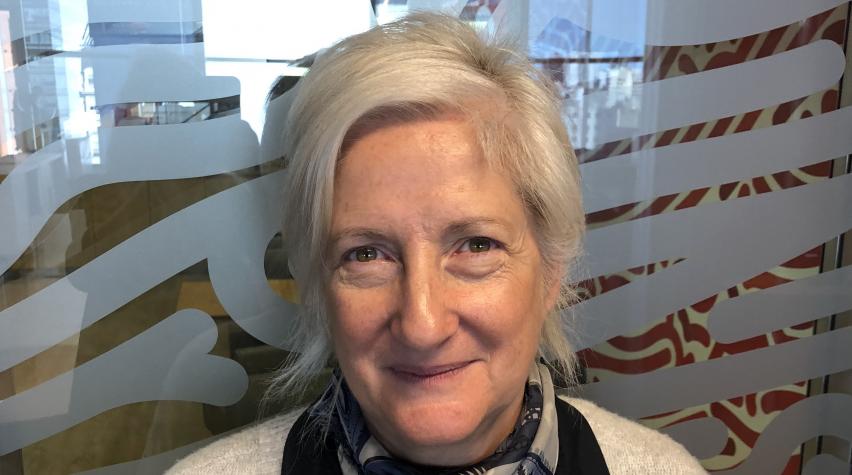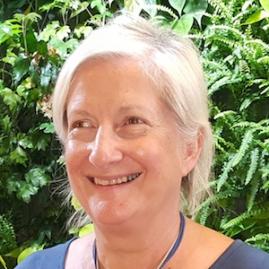
The Latin American Conference on Process Safety will be held in Buenos Aires, Argentina, on September 11-13, 2018, with a pre-conference course scheduled for September 10, 2018. Co-organized by ARPEL, this conference is part of CCPS's family of Global Congress on Process Safety and is part of CCPS' worldwide effort to prevent major accidents through promoting lifelong learning as well as continual improvement in process safety.
We spoke with conference chair Mary Corsaro about her work as a process safety professional, the changes she's seen in the field, and how process safety will impact industry in the future.
How is your work as a process safety professional critical to your particular job or the industry where you work? What are the most important skills a process safety professional should have?
As an HSE Global Director, in an upstream and midstream company, PSM framework gives me a recognized and proven way to implement a continuous improvement system for safety and risk management.
Considering my experience, the ability to understand the system as a whole and the connection between all of the elements in a process safety framework is very important. In other words, it is essential to have a holistic view: understanding the connection between the vulnerability sense (needed in the top level), the culture in the company, and the risk management involved. For being effective in the implementation, a process safety professional also needs to have technical skills and understand the business.
What message would you like the audience to take away from the conference?
If we contribute in a way to establish the connection between leadership, culture, and the technical skills needed in an organization to have an effective implementation of process safety, we will achieve good results with this conference.
What changes have you seen in process safety in Latin America over the past 10 years?
Ten years ago, only international companies had some elements of process safety implemented, but these elements were not connected with safety. Safety was limited to personal safety, risk identification was not consistent, and scenarios of major events were never considered; contingency plans were not connected with risk. All of this was changing and evolving at the time.
The new concept that wasn't present at all ten years ago was culture, the understanding that process safety is not just a matter of technical issues but a human and leadership matter. This idea is still evolving and is not fully understood in its whole dimension.
How do you see process safety impacting industry over the next five years?
Some big incidents that have their origins in the lack of process safety implementation and the new regulation in some countries (Peru, Chile) will help companies understand the impact of process safety and its contribution in being sustainable. Companies will start to consider major events as probable, and will start to implement some more consistent programs of asset integrity.
Register for the 8th CCPS Latin American Conference on Process Safety.

Mary Corsaro
Mary Corsaro began her career in the industry in 1986, assuming different positions in upstream oil and gas companies, occupying positions in operations, projects, engineering, safety, integrity and environment. Mary has been a CCPS TSC representative for Pan American Energy and Pluspetrol, she has been a contributor to the dissemination of process safety discipline in Argentina and Peru, through internal work for the companies in which she worked and through supporting different CCPS Latin American Congresses on Process Safety, being the companies sponsors, chairs, coordinators of technical tables and presenting works. Mary has also participated in the the diffusion of process safety through Argentina and other Latin American institutions such as ARPEL, IAPG and AAIQ.
As a distinctive feature, Mary has promoted and placed value on the management of culture and leadership as a fundamental framework for the work of the technical disciplines of process safety, as well as the development of activities that encourage the maintenance of the sense of vulnerability at the highest level of the organizations. Mary received recognition from NACE, SPE and from the companies in which she served.
Currently, Mary is the Global HSE Director at Pluspetrol Corporation.

